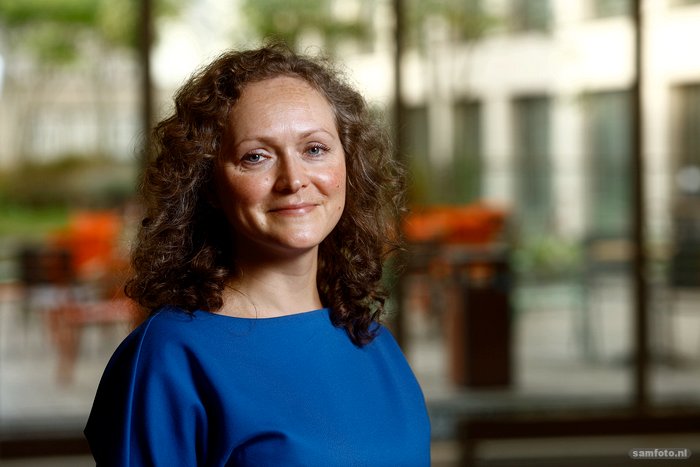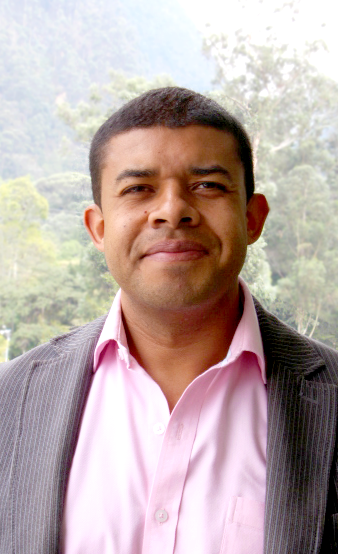Inspiration 2023

Tatiana Filatova
Computing societal dynamics in response to climate change
Climate is changing and will cause substantial disruption to socio-economic systems worldwide. While a possibility of crossing thresholds and triggering abrupt irreversible changes in socio-environmental systems is foreseen, the development of models to study their emergence and effects is challenging due to inherit uncertainties in computing societal dynamics. Agent-based models (ABMs) offer a prominent way to represent human behavior in coupled models of socio-environmental systems. This method allows for a detailed representation of various behavioral strategies of agents grounded in different theories and data, explicit modeling of their learning and adaptation behavior and of social interactions. In the past years empirical ABMs proliferate, fueled by the emergence of new data collection methods, especially on the social dynamics side. In this talk I will discuss the challenges of combining theory and data to model individual adaptive behavior and illustrate it with an example of individual behavioral change and evolving market institutions in response to flood hazards. I focus on the issue of data that can be instrumental in defining rules for agents’ choices, behavioral change, learning and interactions in the climate change context where past data may not represent future trends and where regime shifts are expected.
I will also finish with discussing the upcoming open access community platform for sharing reusable building blocks of an ABM code. Such building blocks could represent diverse theories of human behavior, their alternative implementations based on the context, rules guiding agents’ interactions and learning and etc. I look forward to an exciting discussion!
César García-Díaz
Patterns of change in intra- and inter-organizational dynamics
Organizational change is not merely restricted to internal aspects of organizations; it also depends on the interaction among them. My interest in theoretical organizational modeling comes from my earlier curiosity in studying organizational change and dynamics through the combination of systems theory and computational approaches. In this talk I will address diverse issues of intra- and inter-organizational processes of change from an agent-based modeling perspective. Starting with inter-organizational issues, I will introduce key elements in the study of macro-level adaptation through the conceptualization of organizational ecologies. I will further address several instances of intra-organizational change that include individual-level diversity and evolving networks. I will also consider challenges in aggregation, coevolving systems, and in the incorporation of reflexive behavior.
